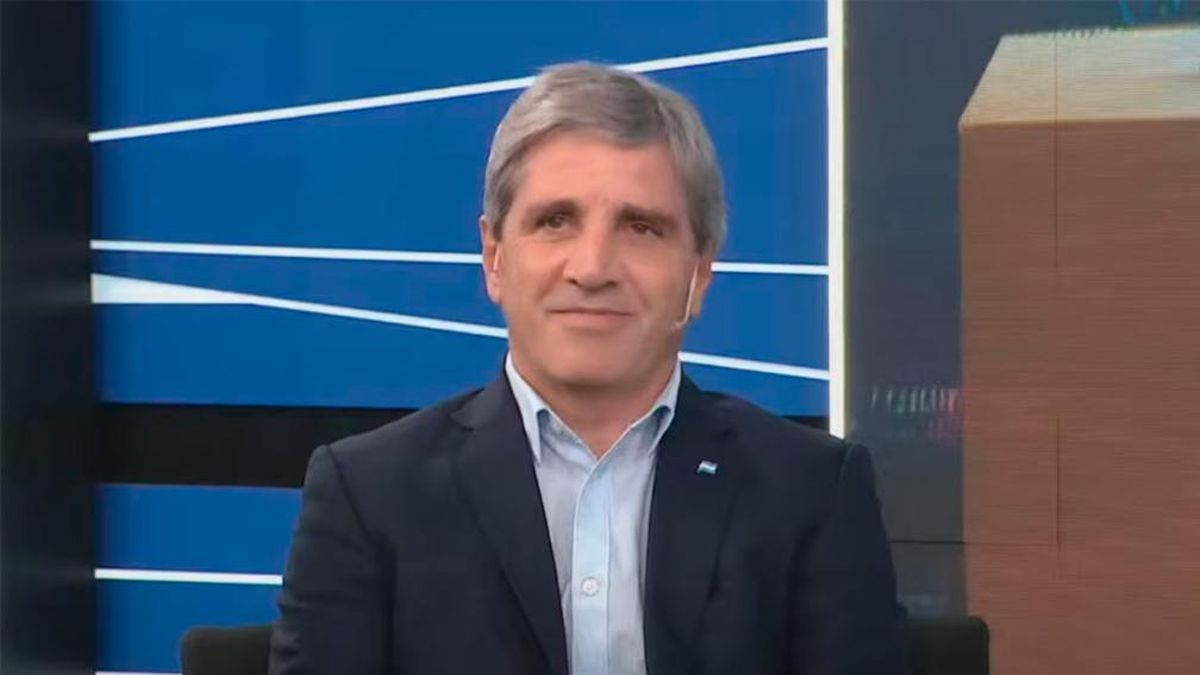Federal President Alexander Van der Bellen has already been informed by all parties involved. “The variant chosen was that we proposed to our government partner, the ÖVP,” emphasized Kogler. Kogler will meet Schallenberg on Sunday. When its swearing in was still unclear, probably at the beginning of the week. The budget speech on Wednesday is therefore no longer in the way. Kogler already highlighted the very constructive cooperation with Schallenberg, who is considered a close confidante but with whom the advertising affair that dominates the headlines has nothing to do with the current state of knowledge. The rest of the VP government team remains, and we are looking for a new person for the Foreign Office.
Kurz’s step is by no means an admission of guilt. On the contrary, he announced that he wanted to prove his innocence from Parliament. He will therefore apply for the waiver of his immunity himself in order to enable further investigations.
Video by Chancellor Kurz
This video is disabled
Please activate the categories Performance cookies and Functional cookies in your cookie settings to display this element. My cookie settings
The public prosecutor’s office for business and corruption takes action against Kurz and nine other people, some of whom are close to him, on suspicion of breach of trust, bribery and corruption. The allegations are “wrong, and I will be able to clarify that,” said Kurz. Once again he demanded that the presumption of innocence apply to everyone in the country.
Kurz defended the unsavory SMS that had become known by saying that he had “partly written them in the heat of the moment”, and some he would no longer write like that. “But I’m just a person with emotions and mistakes.”
The country leaders of the People’s Party paid Kurz respect for his “step to the side”, although they may not have been completely uninvolved in it. According to reports, the pressure from the VP regional chiefs on Saturday increased, not least because of the recently announced chats.
Statement from Werner Kogler
This video is disabled
Please activate the categories Performance cookies and Functional cookies in your cookie settings to display this element. My cookie settings
Kurz spoke in his statement, in which no questions were allowed, nevertheless of support “from all federal states”, sub-organizations of the ÖVP and from the population. Nonetheless, the two coalition partners are currently “escalating” and “thus in a stalemate”. It would be “irresponsible to slide into months of chaos or stagnation”. It would be just as “irresponsible”, according to Kurz, to give government responsibility in a four-party coalition, an “experiment” that at the end of the day would have to rely on the grace of FPÖ chairman Herbert Kickl.
In such a situation, it shouldn’t be about personal interests, party interests or political tactics, said Kurz: “My country is more important to me than my person.” The step was not easy for him, but: “It’s not about me, it’s about Austria.”
Around a dozen people had gathered in front of the Federal Chancellery at the time of the press release. They acknowledged the message with applause. Champagne bottles were also opened.
Opposition not done
The opposition, which under Schallenberg expects a continuation of the “System Kurz”, was not so impressed. SP leader Pamela Rendi-Wagner recalled that the presumably new chancellor had portrayed himself as a “turkish perpetrator of convictions”. NEOS chairwoman Beate Meinl-Reisinger said in the direction of Kurz: “As club chairman, he continues to hold all strings of power in his hand.” FP boss Herbert Kickl judged: “Chancellor may be gone for a while – but the turquoise system is still fully there.”
Shortly for the second time youngest ex-chancellor
The youngest Chancellor of the Second Republic is now the youngest former Chancellor for the second time: Confronted with allegations of corruption, Sebastian Kurz (ÖVP) anticipated his recall by the National Council and resigned on Saturday. At 641 days, Kurz’s second term of office is slightly longer than the first (526 days). In total, the 35-year-old currently has 1,167 office days – 8th place among the 15 heads of government of the Second Republic to date.
Kurz had to resign for the first time because the National Council voted out of office for the turquoise-blue government after the Ibiza affair and the end of the turquoise-blue government on May 27, 2019. At that time, a cabinet of experts led by Brigitte Bierlein took over government affairs. After winning the ÖVP election and negotiating a coalition with the Greens, Kurz returned to the Chancellery on January 7, 2021.
The end of the former ÖVP young star’s second term in office is no less turbulent than the end of the first: Confronted with allegations of corruption, Kurz was previously voted out of office by the National Council and resigned. Overall, Kurz spent just over three years in the Chancellery – a little longer than former SP Chancellor Fred Sinowatz, but significantly shorter than ÖVP Chancellors Wolfgang Schüssel (just under seven years) and Josef Klaus (six years).
The Federal Chancellor, who had served for a long time, was Bruno Kreisky (SPÖ), who headed the SPÖ’s sole government from April 1970 to May 1983 – a little over 13 years. However, Kreisky had already gained a lot more experience by the time he became head of government: He was sworn in for the first time at 59. Franz Vranitzky (SPÖ) has the second longest term of office at ten and a half years in the Chancellery, followed by Julias Raab (ÖVP) with eight and Werner Faymann (SPÖ) and Leopold Figl (ÖVP) with over seven years each.
At the age of 43, Figl was also recently the youngest Federal Chancellor of the Second Republic. He was sworn in in 1945 and was the first regular Federal Chancellor after 1945. Karl Renner (SPÖ) had previously carried out the provisional government affairs as “State Chancellor”.
At a good seven months old, Renner was also one of the shortest serving heads of government in the Second Republic. Only Brigitte Bierlein was in office for a shorter period of time, the interim chancellor after the Ibiza affair. Kurz’s immediate predecessor Christian Kern (SPÖ) had a little over a year and a half.
The heads of government provisionally entrusted with the “continuation of business” after resigning were not included in the ranking. Here Hartwig Löger wears the red lantern: After Kurz’s removal from office, the ÖVP finance minister jumped in until gv Bierlein was sworn in – and was only in office for six days, from May 28th to June 3rd. ÖVP Vice Chancellor Reinhold Mitterlehner was provisional Chancellor in 2016 for two days longer: When Werner Faymann resigned, he was entrusted with the continuation of business on May 9, 2016 – until Christian Kern was sworn in on May 17.




